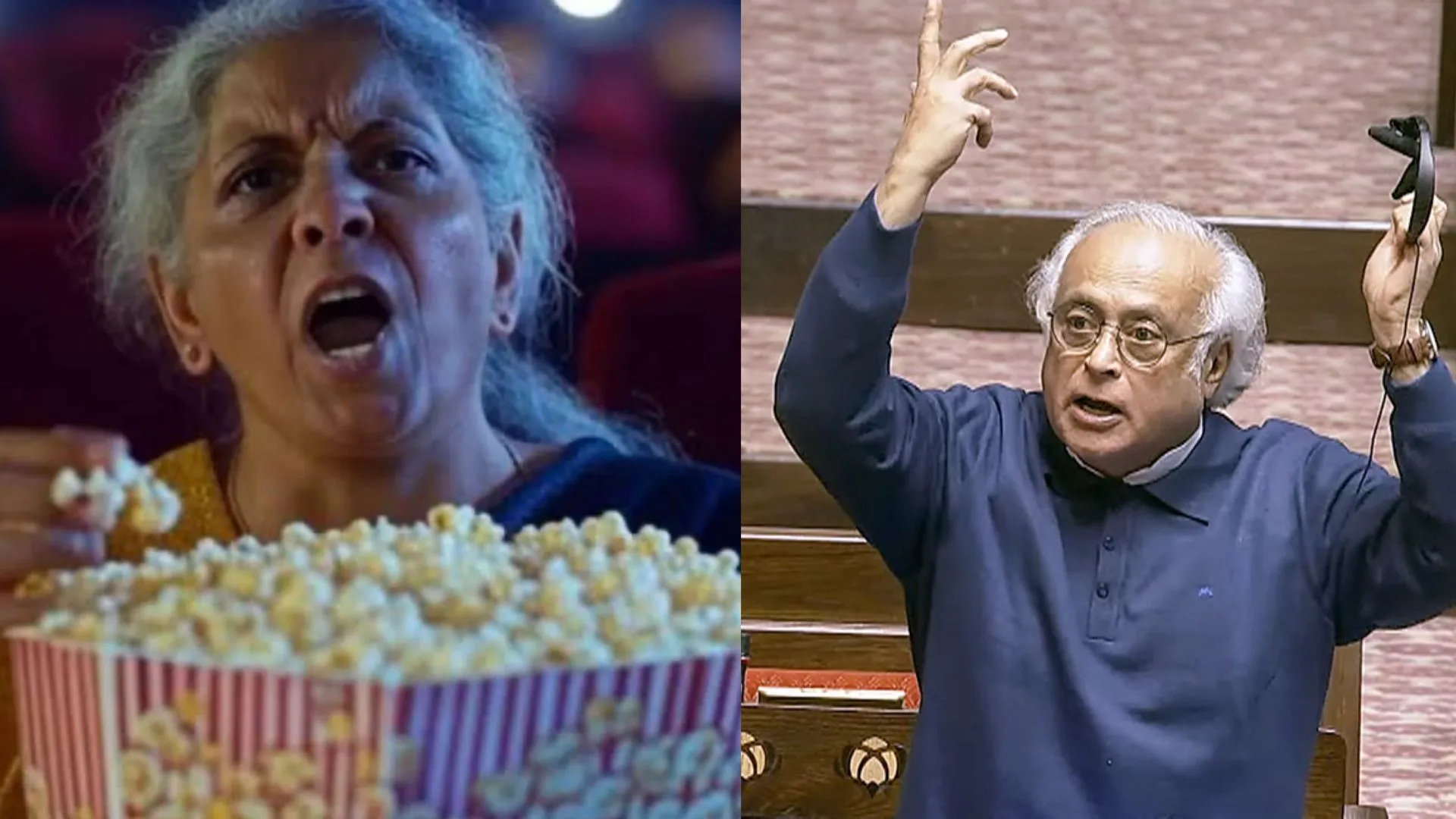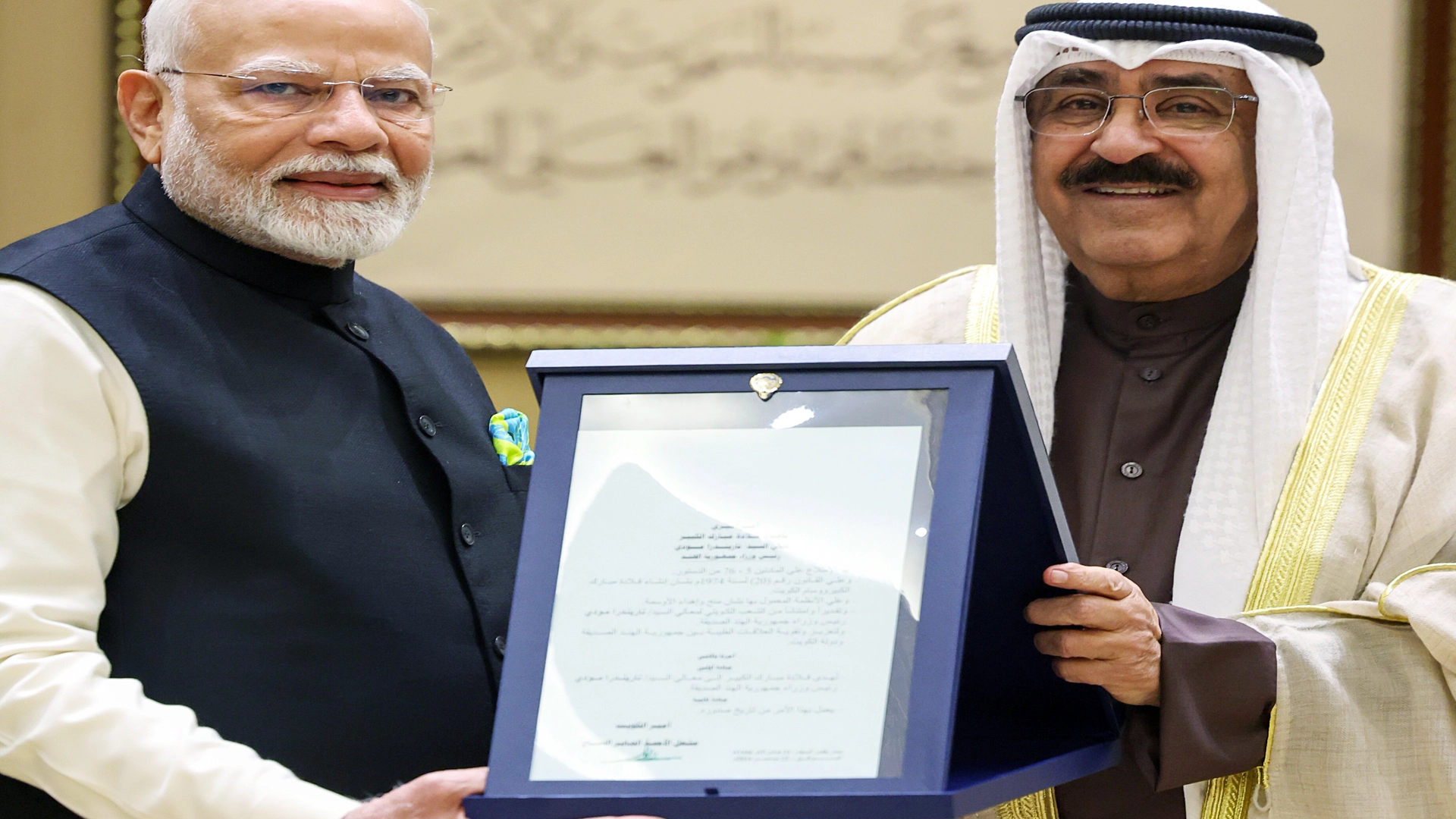Saudi Arabia’s bid to host the 2034 FIFA World Cup has faced significant opposition from human rights organizations, including Amnesty International and the Sport and Rights Alliance (SRA), who have raised concerns about the potential for human rights violations. While Saudi Arabia has made strides in becoming a growing force in the football world, with investments in clubs like Newcastle United and the arrival of high-profile players such as Cristiano Ronaldo, the country’s World Cup ambitions may be jeopardized by these critical reports.
Amnesty International and the SRA recently evaluated the bids from Saudi Arabia, alongside those of Morocco, Spain, and Portugal, who were awarded the 2030 World Cup. Their findings indicated that neither the Saudi bid nor the others had sufficiently addressed FIFA’s human rights requirements. The report highlighted that Saudi Arabia’s bid lacked a clear plan for ensuring human rights protections and failed to show meaningful consultation with human rights organizations.
Amnesty’s Head of Labour Rights and Sport, Steve Cockburn, warned that granting Saudi Arabia the World Cup without significant reforms would come at a “real and predictable human cost.” He emphasized that migrant workers, who would be essential for the country’s World Cup infrastructure, could face severe exploitation. Additionally, he pointed out the lack of commitments from Saudi Arabia to reform its controversial “kafala” sponsorship system, a labor practice that restricts the rights of foreign workers.
Cockburn also raised concerns about the country’s lack of measures to improve labor conditions, such as introducing a minimum wage for non-citizens or allowing workers to join trade unions. Furthermore, he warned of the possibility of forced evictions and discrimination against fans and residents.
The Saudi bid for the 2034 World Cup includes plans to build or renovate 11 stadiums, add over 185,000 hotel rooms, and implement large-scale infrastructure projects. However, Amnesty International has called on FIFA to ensure that the necessary human rights protections are in place before awarding the tournament to Saudi Arabia.
As the deadline for bidding approaches, these concerns could influence FIFA’s decision, which is expected to take into account both the country’s infrastructure plans and its commitment to addressing human rights challenges.







